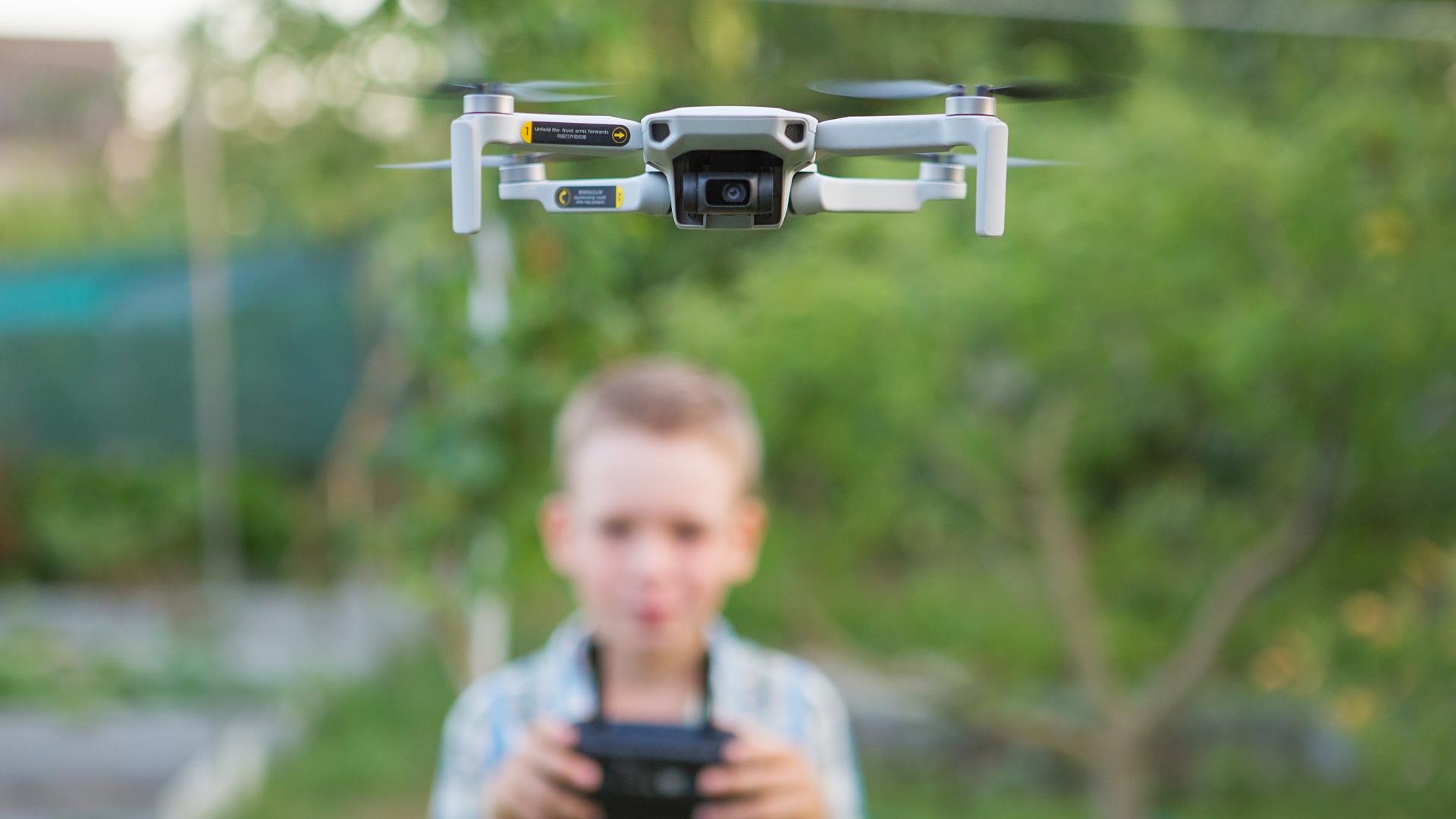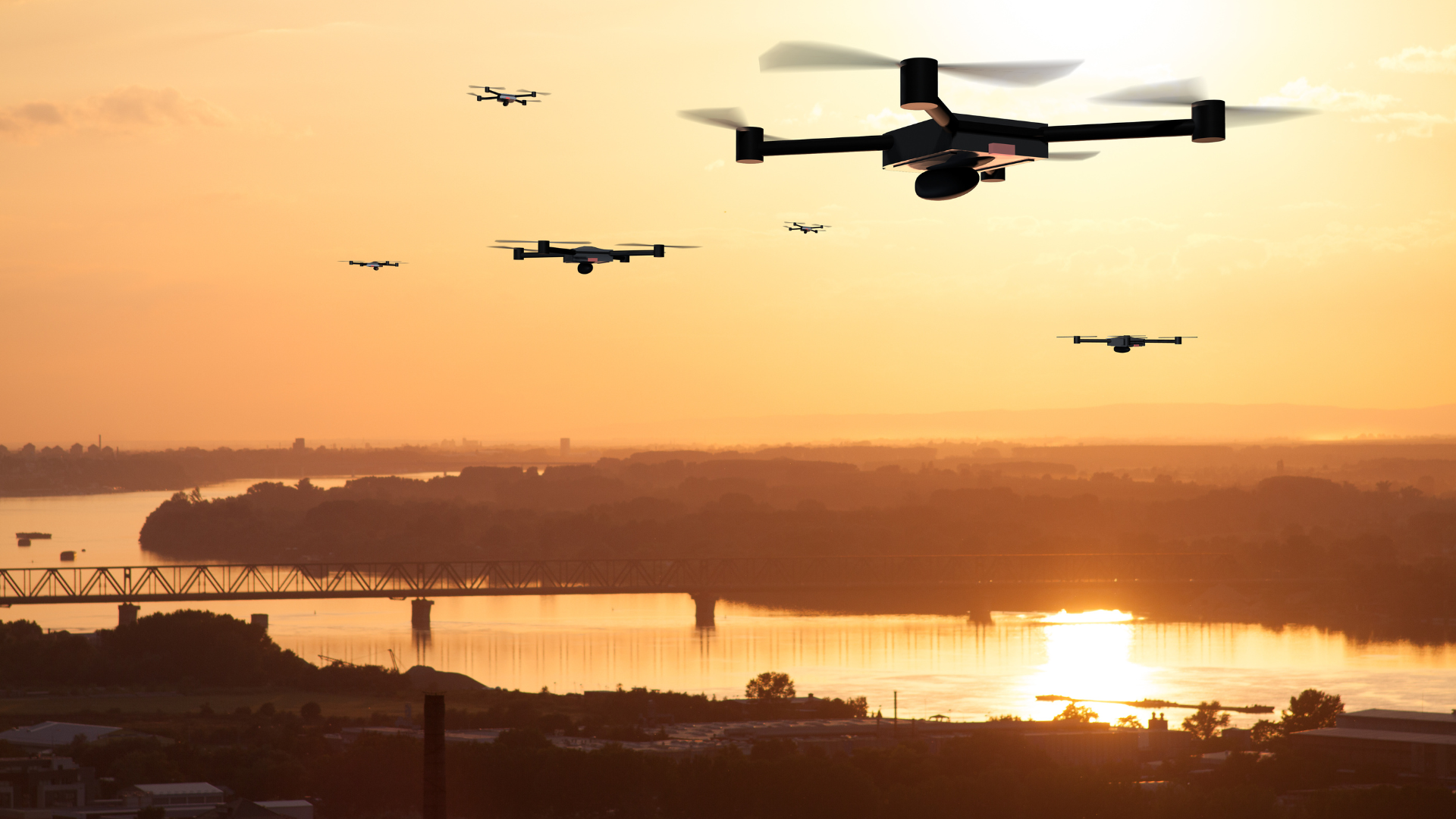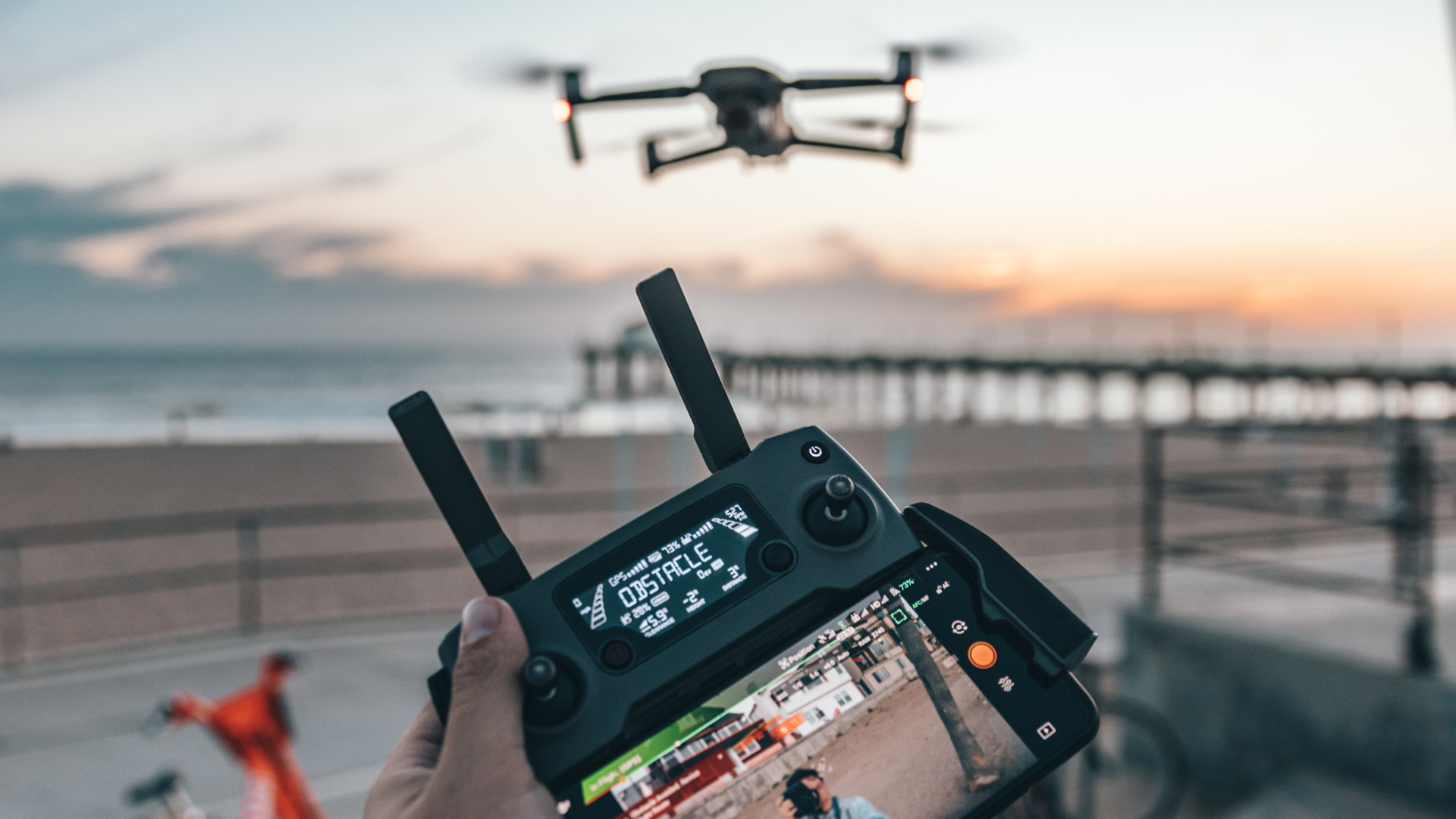Nowadays, the profession of drone pilot is more and more in demand in most sectors and all students who complete our Professional Drone Pilot Course find a good job opportunity.
What was once a promising profession has become a reality and it seems that it will continue that trend in the future, therefore, many people are focusing on training to access a job market increasingly buoyant and full of opportunities.
Jobs by sector
Currently, the most in-demand drone pilot profiles are related to aerial photography, aerial rescue, emergency, surveillance, aerial videography and jobs related to science, agriculture and advanced technology.
The applications of drones are so wide-ranging that we should rather ask ourselves in which sector their technology is not yet applied. Let’s take a look at the most sought-after jobs:
Jobs related to aerial videography
- Production of professional, institutional, corporate and event videos.
- All types of high-resolution audiovisual recordings.
- Recording of films, documentaries and advertorials.
- Advertising videos.
- Videos requested by insurance companies.
Work related to aerial photography
- All types of professional aerial photography.
- Corporate photography.
- Photographs for events.
- Photographs for promotions.
- Photographs for institutional bodies (Autonomous Communities, City Councils, etc.).
- Photographs for printing works.
- Advertising photographs.
- Photographs for photo banks.
- Real estate photographs.
Works related to control and surveillance
- – Forestry controls.
- – Road supervision.
- – Control of occupational hazards.
- – Fire prevention and control.
- – Crop control.
Work related to aid and rescue
- – Aerial rescue with drones.
- – Help in emergency teams.
- – Assistance in extinguishing fires.
- – Security and civil protection operations.
- – Assistance in perimeter surveillance.
- – Maritime rescue.
- – Help in areas of difficult access.
Work related to different sectors
- Maintenance of installations.
- Construction supervision.
- Images for the media.
- Training of sportsmen and women.
- Sports events.
- Delivery of orders.
- Creation of elevation maps.
- Creation of 3D surfaces and volumes.
Work related to advanced technology
- Supervision of solar panels.
- Supervision of industrial surfaces.
- Thermographic cameras on drones.
- Cartography.
- Multispectral cameras.
- Photogrammetry.
- Topography.
- Geomatics.
- Aerospace works.
Works related to agriculture.
- Works to preserve the environment.
- Orthophotography.
- Agriculture, spraying and crop control.
- Production of vigour indices (NVDI).
- Surface temperature monitoring.
Science-related work
- Archaeology.
- Geology.
- Climatology.
- Oceanography.
- Meteorology.
- Forensic sciences.
Use of drones in security and emergency forces
Drones are increasingly being used to guarantee the safety of the population and for the security forces themselves. They are very useful in emergency situations, as they can obtain images from the air in a matter of seconds and provide valuable information for decision-makers to make decisions quickly.
In the case of fires, they provide data to estimate the size of the fire, where it is heading and whether it could endanger people. Once the fire is over, they can also assess the damage and plan possible solutions.
Drones are also widely used in the search for missing persons or hostage detection in kidnappings, with excellent results, as they have thermal cameras that can detect human presence over large areas of land, a task that would take days with human teams.
The future of drones in Spain
We can safely say that the unmanned aircraft sector is booming in Spain at the moment. More and more companies and institutions are opting for this technology to optimise their services and need qualified personnel to operate drones.
At present, Spain has almost 5,000 drone pilots, a figure far below the current demand in some sectors that have seen drones as a way to take a step forward and improve their products or services.
It must be said that Spain, along with France, is the country that began to draft laws to regulate drones for purposes other than mere entertainment. Thanks to this precociousness, we now have a solid legalization that allows us to look to the future with optimism and hope.
The government continues to encourage the sector and is going to promote a plan with numerous initiatives for the development of this technology. The aim is to place Spain at the forefront of Europe and the world in the use of drones in all sectors. In the coming years, some 100,000 new jobs are expected to be created worldwide for drone pilots.
UMILES believes that training to become a drone pilot is a real job opportunity with a very promising future. We can help you by offering quality training with our advanced drone pilot course and the best experts at your disposal. Contact us with any questions you may have.


